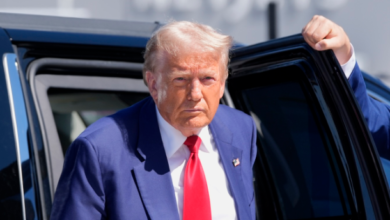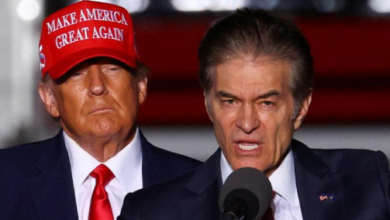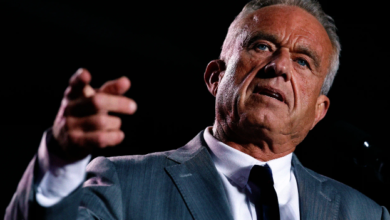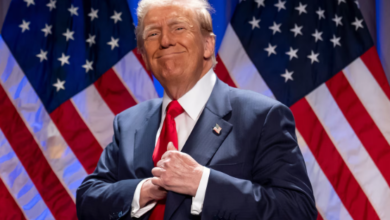Radio Host Parts Ways with Station After Admitting White House Provided Questions for Biden Interview

A prominent radio station has parted ways with one of its hosts following revelations that the White House supplied her with questions prior to an interview with President Joe Biden. This incident has sparked a heated debate about journalistic integrity and the ethics of pre-interview preparations.
The Incident
Host and Interview: The host, whose name has not been disclosed, admitted that she received questions from the White House in advance of her interview with President Biden. This admission came to light during a public discussion where the host addressed her interview process.
Reaction and Backlash
- Journalistic Integrity: The revelation has raised serious concerns about the integrity of the interview. Critics argue that pre-approved questions undermine the credibility of the media and compromise the host’s ability to conduct an impartial and probing interview.
- Public Trust: The incident has also affected public trust in the media. Many listeners and viewers expect journalists to hold public officials accountable by asking spontaneous and challenging questions, not scripted ones provided by the interviewee’s team.
- Media Ethics: Media professionals and organizations have weighed in, emphasizing the importance of maintaining ethical standards. Pre-arranged questions are generally seen as a breach of these standards, as they can lead to biased and uncritical reporting.
Station’s Response
- Termination: The radio station acted swiftly in response to the controversy. In a statement, the station confirmed that it had parted ways with the host to uphold its commitment to journalistic integrity and transparency.
- Commitment to Standards: The station reiterated its dedication to unbiased reporting and the ethical conduct of its staff. It assured listeners that it would take measures to prevent similar incidents in the future.
Broader Implications
- Media Landscape: This incident highlights the ongoing challenges within the media industry regarding transparency and accountability. As media outlets navigate relationships with political figures, maintaining an independent stance is crucial for credibility.
- Public Perception: The fallout from this incident may influence public perception of media outlets and their practices. Rebuilding trust will require a concerted effort from media organizations to demonstrate their commitment to unbiased and ethical journalism.
- Policy and Protocol: Media organizations may review and reinforce their policies and protocols to prevent similar situations. This could involve stricter guidelines for interview preparations and clearer distinctions between editorial and promotional content.
The departure of the radio host serves as a reminder of the critical role that journalistic integrity plays in a healthy democracy. As media organizations strive to uphold ethical standards, incidents like this underscore the importance of transparency and accountability in journalism.





